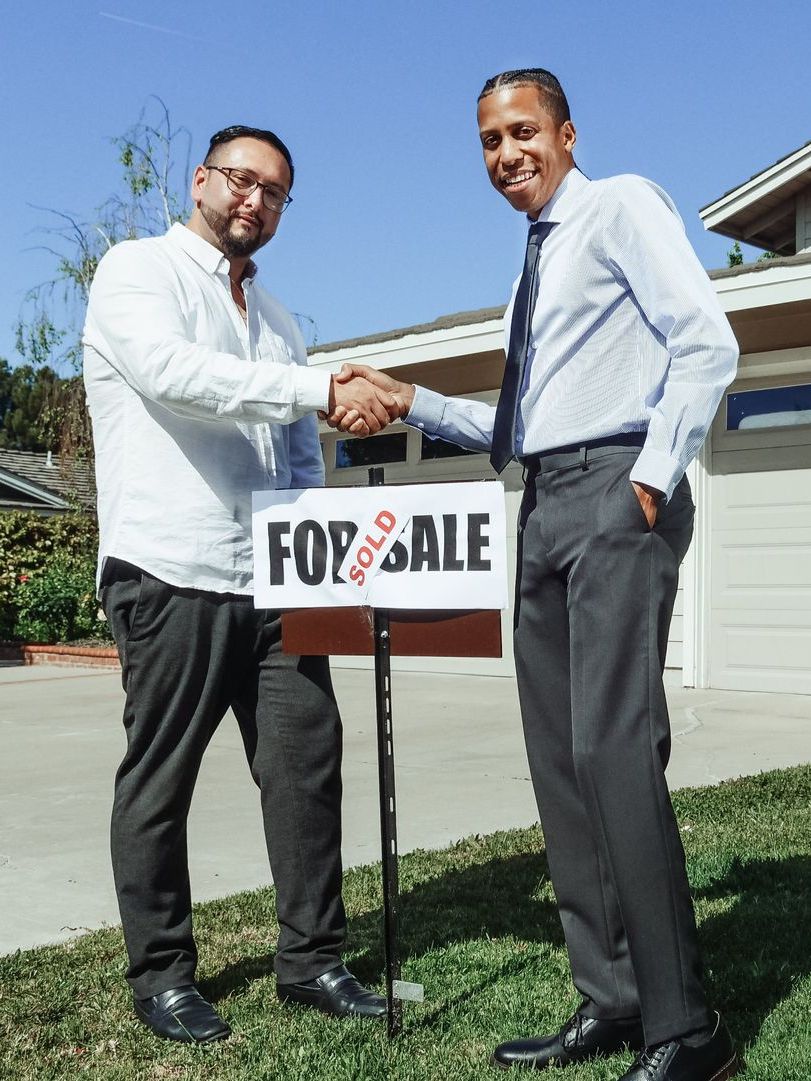Real Estate Agent Representation
Commissions, Explained
Whether you are a homebuyer or seller, you will likely work with a real estate agent for your transaction. Contact Colleen LaChapelle, your neighbor and local Real Estate Professional in the 419.
Unlike other professionals who bill their clients at hourly rates, real estate professionals are paid at the end of a sales transaction in the form of a commission. If a real estate agent works with a buyer or a seller for weeks or months without a resulting transaction, they aren’t paid for their time.
Commissions are negotiable between real estate agents and their clients. So how much does a real estate agent make? In many cases, it will depend on the closing price of the home, with the commission amounting to a percentage of that price.
A recent settlement by the National Association of Realtors® (NAR) taking effect on Aug. 17 has also led to changes with commissions. These changes address how commissions are disclosed and negotiated, with the goal of increasing transparency to both homebuyers and home sellers.
Who pays the commission?
In the past, the home seller generally paid the real estate commission, which was then split between the seller’s listing agent and the buyer’s agent.
But once the NAR settlement takes effect on Aug. 17, homebuyers will be responsible for paying their own agent.
That said, sellers will still have the option of compensating the buyer’s agent—and may want to consider doing so as a way to make their listing more attractive to homebuyers who may not have a lot of extra cash on hand to pay their own agent.
Contracts and Commissions
The exact percentage of the real estate agent’s payment or commission should be spelled out in the agent’s contract. This ensures that the agent gets paid if the property sells.
Listing agents and their brokers spend time and money marketing a home, advertising, and preparing the home for sale. In many cases, the commission covers those services.
Meanwhile, buyer’s agents typically have a contract with their clients so that they are paid when the buyer completes a purchase.
Whether you’re a buyer or a seller, the professional support of a real estate agent who represents your interests should be worth every dollar of the commission.
To learn more, check out our Guide to Real Estate Commissions, which covers everything homebuyers and sellers need to know.

Real Estate Agents Value
What does the real estate agent commission cover?
Though people certainly have the option of selling (or buying) their house without a real estate agent, agents provide clients a wide range of services, including helping you price your home, marketing it (on the multiple listing service, social media, and other venues), negotiating with home buyers, and ushering the home sale through closing.
As trained experts, real estate agents can help you fetch top dollar for your house and put out fires—while also alleviating some of the stress that comes with selling a home.
Are real estate agent commission fees negotiable?
Commission standards can vary from state to state and among brokerages. There are no federal or state laws that set commission rates—meaning commission is negotiable.
In other words, if you’re a home seller, you can certainly ask your agent to reduce their commission, but be aware that they are not obligated to do so.
A factor to consider: Because the marketing dollars for a property generally come from the agent’s commission, a lower commission could mean less advertising for your house.
Some agents will agree on a transactional agreement, in which the listing agent will help you set an asking price, facilitate communication between you and the buyer, write the contract, and move the process along to closing for a flat fee, but you won’t receive the agent’s full services.
Buying and selling a home are likely to be one of the biggest financial transactions of your life, so be sure you find an agent you trust to do a great job. This is not the time to shop solely on price.
Anything else I need to know about commission fees?
The contract you sign when you hire a real estate agent should outline all of the details about the agent’s total commission (and any transaction fees the agent charges). This is typically referred to as a listing agreement, and it also specifies how long the agent will represent you.
However, there are some exceptions. Firstly, rental agents work differently from purchase agents. It’s usually the landlord’s job to pay the rental agent’s fee, but that’s not set in stone.
Furthermore, commission is usually higher when selling a vacant lot, since selling land often takes longer and requires more marketing dollars. Some auctions charge home buyers a 5% “premium,” or commission.
As a seller, you want a real estate agent who can broker the best sales price and terms for you, but good agents aren’t cheap. As with most things in life, you get what you pay for.

Exclusive Service
As a top producer, I provide every client with the highest level of service to achieve their goals.
Location is Everything
I take pride in knowing all the neighborhoods with in the area. I can help you pinpoint exactly where you want to be.
Guaranteed Service
With exceptional integrity, negotiating skills and marketing strategies, I promise the best price for your property.
We are committed to providing an accessible website. If you have difficulty accessing content, have difficulty viewing a file on the website, notice any accessibility problems or should you require assistance in navigating our website, please contact us.
All Rights Reserved | Website Powered by National Association of REALTORS®

